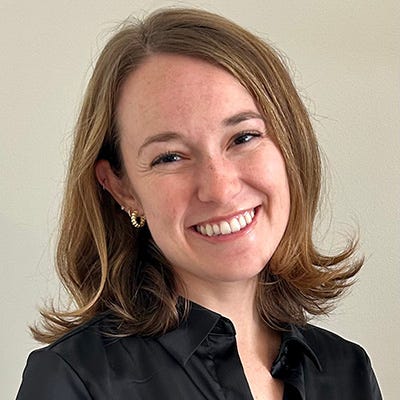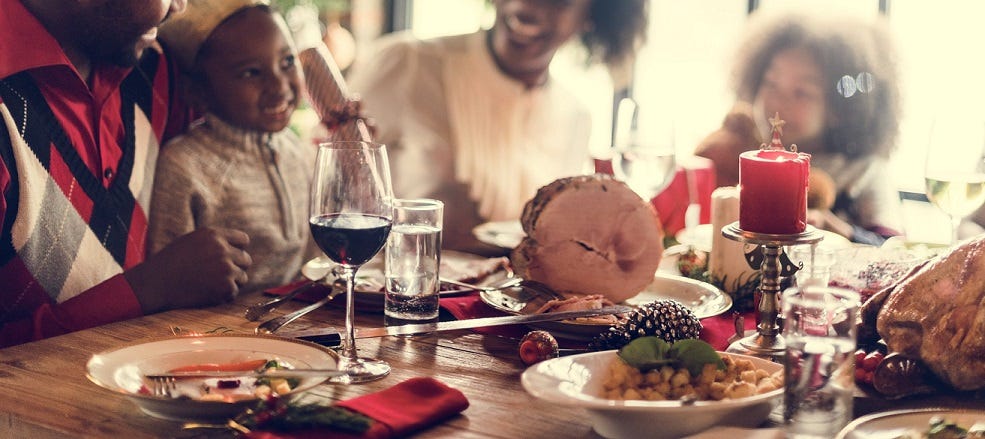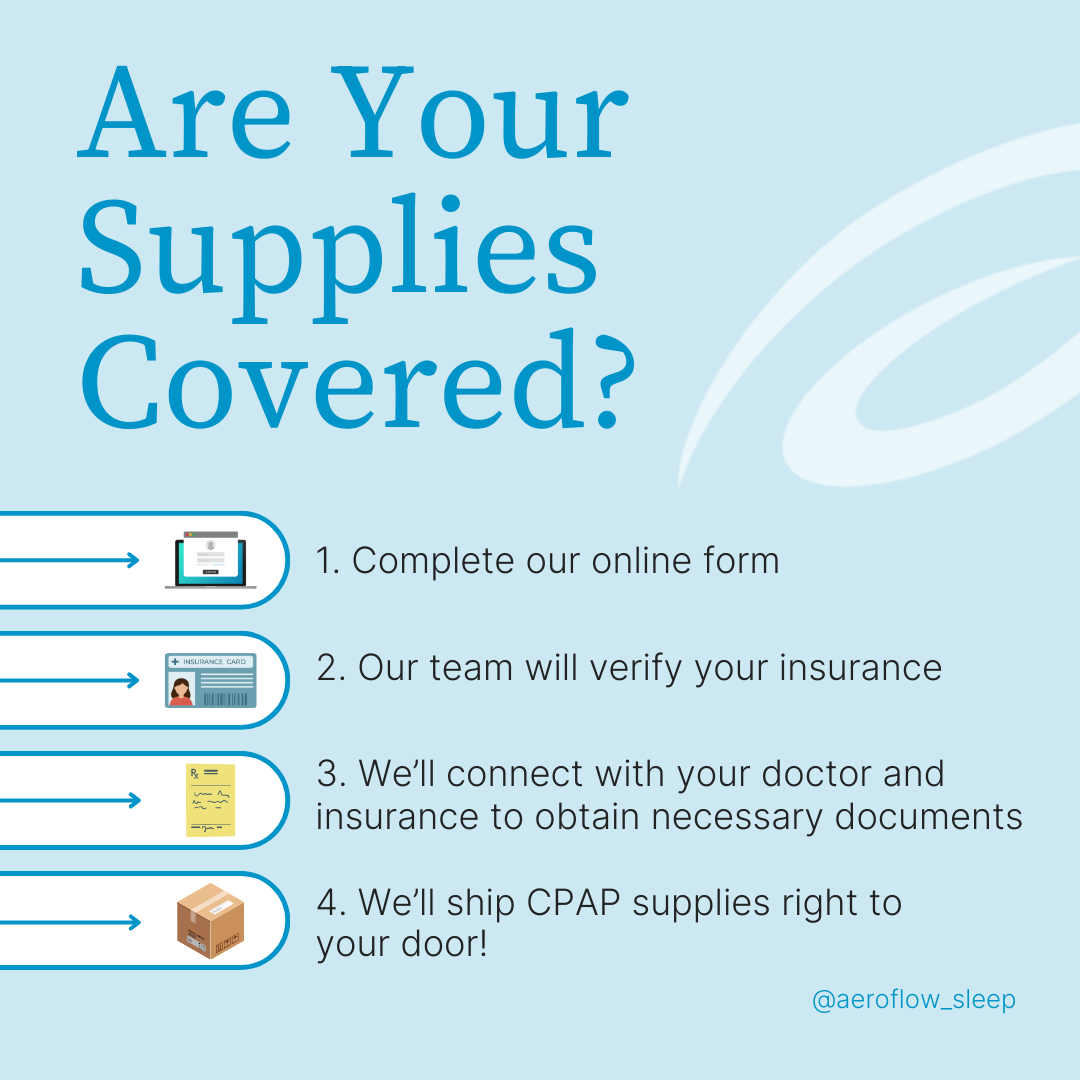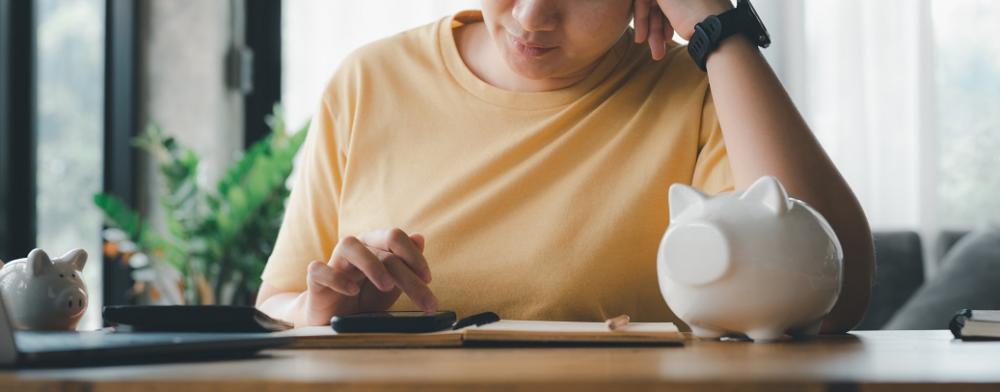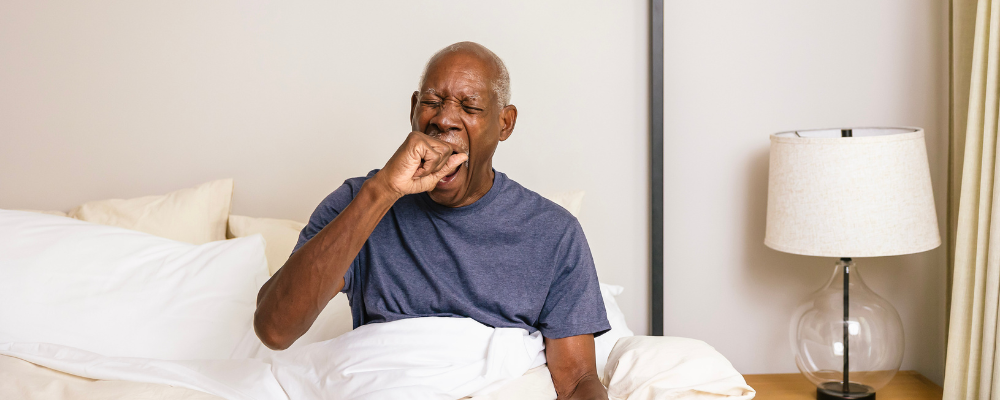In today’s blog, we’re talking about two of our favorite things: food and sleep! We know that healthy eating leads to healthy living, but did you know it can impact your sleep, too? This is especially important if you have been diagnosed with obstructive sleep apnea (OSA), as some foods may significantly aggravate your symptoms.
OSA occurs when there is a blockage of the upper airway during sleep that can stop one from breathing, and this may occur many times during the night. It is usually caused by excessive fatty tissue in the upper airway and/or muscle relaxation.
To provide you with a guide on foods to eat or avoid when you have sleep apnea, I teamed up with our Medical Advisory Board Member, Dr. Monique May, and we created a list of 5 foods to avoid (and 5 to enjoy) in your sleep apnea diet. You can thank us later!
Can Certain Foods Trigger OSA?
The short answer is yes, certain foods may lead to weight gain, which in turn may trigger sleep apnea. According to a 2021 study in the National Library of Medicine, “A higher intake of fruits is associated with a lower risk for obstructive sleep apnea, while a higher intake of fried, salty foods may lead to an increased risk for OSA.”
But what about if you already have sleep apnea? Will certain foods alleviate or aggravate your symptoms? If you have this sleep disorder, keep reading below.
What Foods Should You Avoid If You Have OSA?
Here are 5 foods you should avoid if you’ve been diagnosed with OSA per Dr. May:
1. High-Fat Dairy Products
Dairy products are a good source of calcium and Vitamin D, but if you have sleep apnea, you may want to avoid high-fat dairy products; like whole milk or cheese, depending on your body’s reaction.
“There are some who believe that milk increases mucus production, however, this has not been scientifically proven,” Dr. May points out, “If you notice that when you drink milk your mucus becomes thicker and affects the way you breathe, then simply avoid drinking milk within 2-3 hours of going to sleep.” Using plant-based milks such as soy, oat, coconut, or almond (if not allergic) may be a better option.
5 Foods To Avoid With OSA
High-Fat Dairy Products
Fatty Red Meats
Alcohol
Caffeinated Beverages
Bananas
2. Fatty Red Meats
For many people, fatty red meats—such as burgers and sausage—can cause significant inflammation. Inflammation may present itself in a number of ways, with heartburn and acid reflux being the most common. Not only this, but in a 2020 study, researchers found that there is a “positive association between the amount of red meat consumed and the total number of apneas or hypopneas a person experiences.”
In other words, you may want to cut back on the red meat in order to achieve a good night’s rest, as more red meat may lead to an increased number of times you stop breathing while sleeping.
3. Alcohol
While alcohol is not technically a food, it’s worth including in our list because of its serious impact on sleep apnea. “Alcohol can aggravate sleep apnea by causing relaxation of the soft tissues of the upper airway, making the obstruction a person may have worse,” Dr. May cautions. She also shares that it may “decrease your drive to breathe while you are asleep.” Bottom line: think twice before indulging in a nightcap.
4. Caffeinated Beverages
Caffeinated beverages (including sodas, coffee, tea, sports and energy drinks, etc), while not food, are important to avoid. These drinks can be full of caffeine and sugar, two things which will wreak havoc on your ability to fall asleep.
According to Dr. May, “Drinking caffeine shortly before bed may certainly cause insomnia and negatively impact sleep.” For improved sleep quality, we recommend skipping the soda and instead opting for water or an herbal tea. Be aware that black tea contains more caffeine than green tea and may be stimulating for some people.
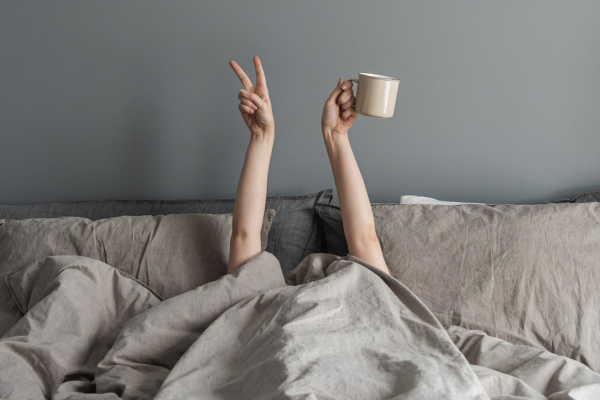

5. Bananas
Yes, bananas are a great source of potassium, but you may want to avoid them before bed. For some individuals, bananas may also cause an increase in mucus production, which may worsen your sleep apnea symptoms and cause breathing problems. It’s important to note that this may not be the case for everyone, but for others it may be a food worth avoiding.
A few more foods that may increase mucus production include processed foods, dairy products, and chocolate. More research needs to be done on this topic, so we suggest keeping a food diary to track how your body reacts when you eat certain things.
What Are The Best Foods For OSA?
You’re probably wondering if foods as seemingly safe as bananas make the list of what to avoid, what exactly can I eat? Here are 5 healthy food alternatives:
1. Foods Naturally Containing Melatonin
Melatonin, or the hormone that promotes sleep, naturally occurs in a number of foods such as nuts, eggs, fish, cucumbers, and tart cherry juice. While it has become popular to take melatonin pills or supplements, it is much safer to eat melatonin-rich foods instead, because you have more control over the amount you consume. This matters for sleep apnea patients specifically because, according to Dr. May, “Excess amounts of melatonin may cause the muscles of the throat and upper airway to relax too much, worsening the obstruction seen with sleep apnea.”
Plus, melatonin supplements can sometimes cause negative side effects when taken along with other medications. In addition, supplements are not FDA approved for safety and effectiveness, so as a consumer you do not have the same protections as you do with prescription medications. We recommend asking your doctor first if you should take a supplement or instead stick with foods naturally containing melatonin.
5 Foods To Enjoy With OSA
Foods Naturally Containing Melatonin
Foods High In Tryptophan
Omega-3 Fatty Acids
Many Fruits & Vegetables
Whole Grains
2. Foods High In Tryptophan
You may have heard a thing or two about tryptophan around Thanksgiving. Dr. May reminds us, “Tryptophan, which is an amino acid used to make serotonin (a brain chemical that controls your mood), may help promote good sleep.” Fortunately, tryptophan is not just found in turkey.
If you have sleep apnea, it may be a good idea to incorporate in your diet foods that are high in tryptophan like poultry, legumes, canned tuna, and whole grain oats. However, more research is needed to definitively answer the question of tryptophan’s effect on OSA. Ask your doctor if adding more tryptophan to your diet is right for you.
3. Omega-3 Fatty Acids
Omega-3 fatty acids are often called “essential fats” because they cannot be made by the body and they provide a variety of health benefits. Also, they have to be consumed in the diet. Notably, omega-3 fatty acids can help reduce inflammation in cardiovascular disease and provide key protection against diseases such as cancer. Fatty fish including salmon, tuna, mackerel, and sardines, and nuts and seeds (for example: flax seeds, chia seeds, and walnuts) are all rich in omega-3 fatty acids.
Research suggests that including omega-3 fatty acids in your diet may reduce inflammation and reduce the risk for OSA. Omega-3 fatty acids may improve your overall sleep quality, help you fall asleep quicker, and improve your daytime energy levels. Again, more research is needed. But with so many benefits, adding more omega-3 fatty acids to your diet may be something you aim to do on a regular basis.
4. Fruits & Vegetables
This one may seem obvious, but it is definitely worth stating. Many fruits and vegetables that are rich in antioxidants also include both vitamin C and vitamin E. “One study has found that, along with the use of CPAP, the combination of these vitamins decreased the number of apnea spells, decreased the amount of pressure needed from CPAP, and improved sleep quality,” states Dr. May.
“Foods that are good for you in general are also good for sleep apnea. Fruits and vegetables help you feel full longer which may help you sleep better,” she concludes. This can, in turn, lead to less snacking and weight loss. So, don’t forget to eat those fruits and veggies!
5. Whole Grains
Finally, eating whole grains that are rich in fiber and made up of complex carbohydrates is a good way to promote weight loss, which may help improve obstructive sleep apnea symptoms. Unlike simple, refined carbs (think pasta or white bread,) whole grains keep your body full longer because it takes the body longer to break down these nutrients. In turn, eating whole grains can help regulate your blood sugar and improve your sleep quality throughout the night.
Can Diet Alone Cure OSA?
While there is a clear link between obesity and sleep apnea, dietary changes alone cannot cure sleep apnea. In fact, sleep apnea is treatable but usually not curable without very significant lifestyle changes. For example, a healthy diet is a large part of those lifestyle changes and can be helpful in treating your sleep apnea symptoms, as well as other chronic conditions such as diabetes, high blood pressure, and high cholesterol.
If you or a loved one have been diagnosed with sleep apnea and are seeking CPAP treatment, Aeroflow Sleep can help. By working with your insurance on your behalf, Aeroflow Sleep can help you order a CPAP machine and/or the CPAP supplies you need to treat your sleep apnea with little to no cost. See if you qualify today!
References
Du, Yan et al. “Association Between Eating Habits and Risk of Obstructive Sleep Apnea: A Population-Based Study.” Nature and science of sleep vol. 13 1783-1795. 9 Oct. 2021, doi:10.2147/NSS.S325494
Kechribari, Ioanna et al. “Associations between Red Meat Intake and Sleep Parameters in Patients with Obstructive Sleep Apnea.” Journal of the Academy of Nutrition and Dietetics vol. 120,6 (2020): 1042-1053. doi:10.1016/j.jand.2019.10.016
Breus, Michael. “Can Omega 3 Fatty Acids from Fish Oil Help Sleep?” Sleep Doctor, Sleep Doctor, 13 Dec. 2022, sleepdoctor.com/nutrition/can-omega-3-fatty-acids-help-sleep/#:~:text=Omega%203s%20may%20help%20people,people%20with%20obstructive%20sleep%20apnea.
Singh, T D et al. “Oxidative stress and obstructive sleep apnoea syndrome.” The Indian journal of chest diseases & allied sciences vol. 51,4 (2009): 217-24.

